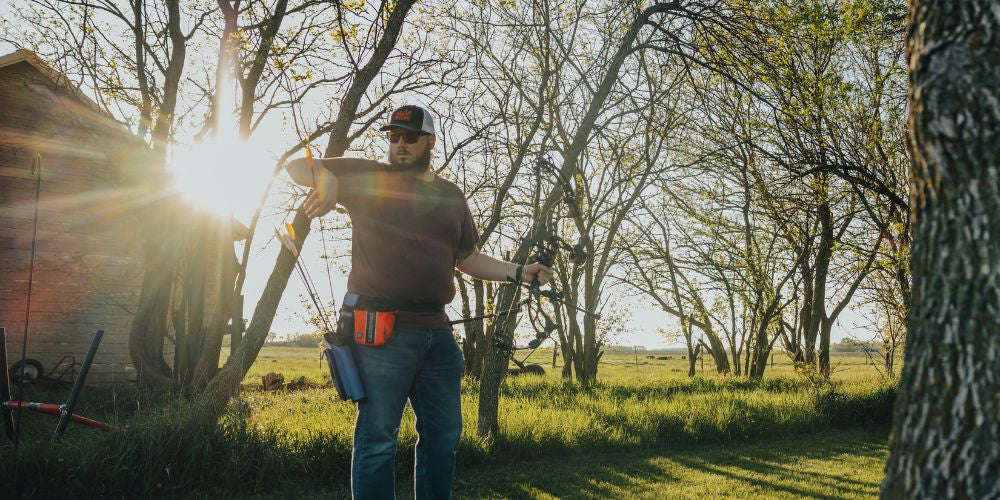“I want to be an Olympian.”
“I want to go to the Paralympics.”
“My daughter could be a World Champion.”
What exactly does it take to compete at the top levels of a sport? In many sports, it’s about speed, strength and agility. But in archery, the ultimate sport of precision, it might take just three things: work ethic, true passion for the sport, and the ability to quiet the mind.
“Work ethic” means different things to different people, but when it comes to top-performing competitive archery stars, it’s about finding the winning balance between quality and quantity. While many top archers are known for their impressive daily arrow counts (think 300 or more arrows per day for some of the world’s best recurve shooters), the sport’s champions make each of those arrows count, and carve out time for other important activities, like visualization, cardio, strength training and equipment tuning.

It’s especially true in archery that “perfect practice makes perfect.” Just being able to release hundreds of arrows isn’t enough to win – and in fact, shooting for practice numbers, without regard to technique, could actually cause an archer to form bad habits. Thoughtful practice during which the archer concentrates on each arrow is far more likely to result in success.
Passion for the sport – such an important quality in competitive archers – can’t be taught or coached into an athlete. Regardless of how much potential a coach or parent sees in an archer, if they don’t truly love the sport of archery, they’ll eventually struggle to compete at a high level.
For an archer to get to the level of a compound world title or an Olympic team placement, they’ll shoot tens of thousands of arrows per year – maybe more – often alone in a field, or in front of their target, rehearsing the perfect shot over and over again. They’ll struggle in competition, shed tears of frustration and joy, and hopefully, eventually triumph – but only because they had a true love for archery and a willingness to shoot arrows even when they felt a little lazy – because they had the drive to win.

I once heard a coach talking about an athlete who was competing at a very high level – a World Championship team member, Olympic hopeful and international medalist in archery. The coach said the archer was successful because she could “quiet her mind” and focus on what she needed to do.
The ability to “quiet the mind” is the same thing as getting in and out of the zone; it’s the mental strength to shut out distractions and have a laser focus on the task at hand until it’s finished, and not allow the mind to wander. If you’re an archer, how many times have you known you had something to work on – perhaps your release, for example – and then become distracted because you realized something was “off” about your bow hand, your grip or your stance? In the end, the archer who can quiet their mind is able to focus on what must be fixed, and focus only on that one thing until it’s a good habit. And that same archer can shut out distractions – wind, rain, heat, and other competitors, for example – when the competitive pressure is high.
All of these qualities are critical to competitive success, and all of them are interconnected. With work ethic must come the passion for the sport required to put in the arrows and hours needed to succeed. And the archer who has a quiet mind will be able to get the most out of every arrow they shoot, fueled by the love of shooting a bow and arrow, and the desire to win.
 cust@legendarchery.com
cust@legendarchery.com 302 503 5767
302 503 5767 Sauk Village IL 60411
Sauk Village IL 60411

